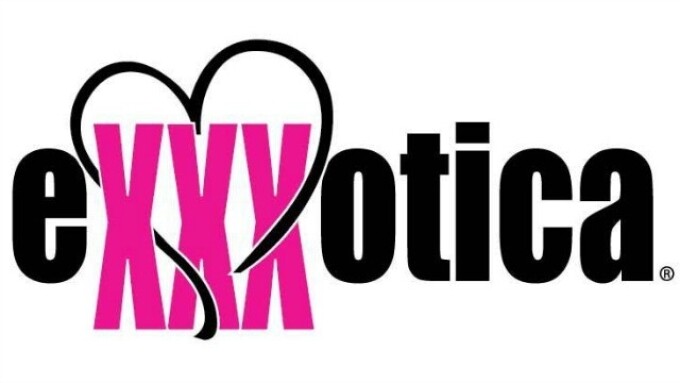DALLAS — Texas’ attorney general today joined the City of Dallas in its defense of a motion for preliminary injunction filed by Exxxotica, which sued the city after the adult entertainment expo was blacklisted from its municipal convention center.
Exxxotica, which had planned to stage a three-day event at the convention center on May 20-22, is seeking approval for a preliminary injunction against the City of Dallas, which refused to sign a new contract after city officials said they found evidence of public lewdness at its first and last event in the Texas city in August.
Filing as a friend of the court, Texas’ attorney general, Ken Paxton, said that because Dallas’ convention center is a commercial enterprise intended to promote economic development, it is a “nonpublic forum.”
“The convention center is a ‘nonpublic forum’ because the city — acting as a proprietor, manages the convention center as a commercial asset,” the Texas’ attorney general’s brief read. “The Supreme Court has repeatedly recognized that government use of a property as a commercial enterprise is inconsistent with an intent to designate the property as a public forum.”
“Because the convention center is a commercial enterprise that is intended to promote economic development in Dallas, the convention center is a nonpublic forum.”
Further, in the friend of the court brief, Texas’ attorney general said that City of Dallas’ resolution, which blocked Exxxotica from a contract for its show scheduled in Dallas in May, doesn’t violate the First Amendment because the resolution is content neutral under the “secondary effects doctrine.”
The secondary effects doctrine — proven to be fertile ground for abuse — provides government officials leeway to regulate adult businesses if they are concerned with the harmful side effects allegedly associated with these businesses.
The Texas attorney general wrote that even if the court decides to treat the convention center as a public forum, Exxxotica’s motion for preliminary injunction is flawed for a second reason.
“The resolution is content neutral because it is targeted not at the content of plaintiff’s speech but rather at the ‘secondary effects’ of that speech on the surrounding community.
“Because the resolution is also narrowly tailored to serve significant government interests and leaves open ample alternative channels of communication, it fully comports with the First Amendment. Plaintiff ignores controlling precedent on both of these issues and is unlikely to succeed on the merits.”
Roger Albright, Exxxotica’s counsel in the suit, responded to today's brief from the state with a question.
"Why did the attorney general claim it was a public forum in 2013 when dallas wanted to ban gun shows?" Albright asked. "[The] attorney general said Dallas would face a 'double barreled lawsuit' [at the time]."
"Gee, maybe his opinion changed based on the content of message," he told XBIZ. "Clear constitutional violation."
Attorney Lawrence Walters of Walters Law Group, who doesn't represent any of the parties in the case, told XBIZ that "attempting to justify this censorship of Exxotica’s message based on alleged 'secondary effects,' is highly questionable," particularly after the Supreme Court’s decision in Reed v. Town of Gilbert in June 2015.
"In light of current precedent, the city’s decision appears to be content-based, and must survive strict scrutiny review in the courts," Walters told XBIZ. "This dispute represents the front lines in the culture war between the interests of liberty and government control of free expression."
U.S. District Judge Sidney Fitzwater has scheduled a hearing on Monday in the case.







